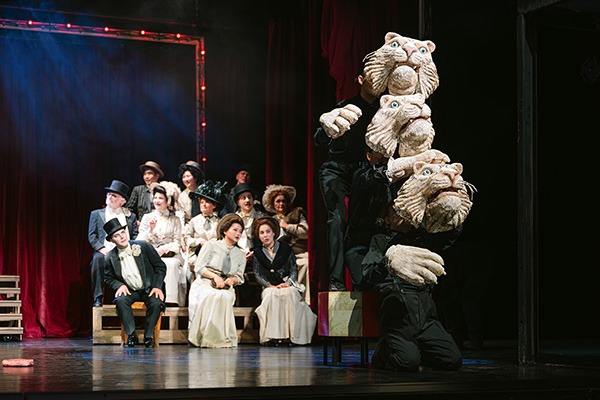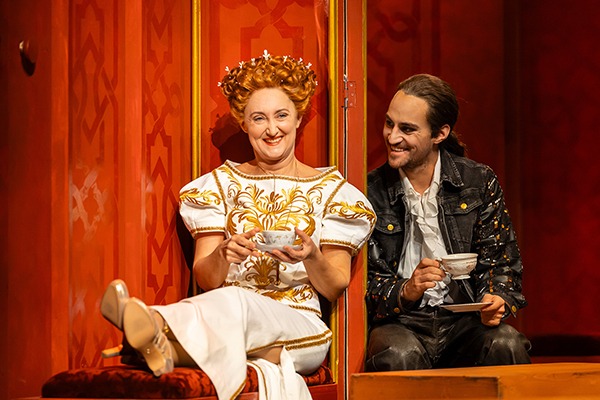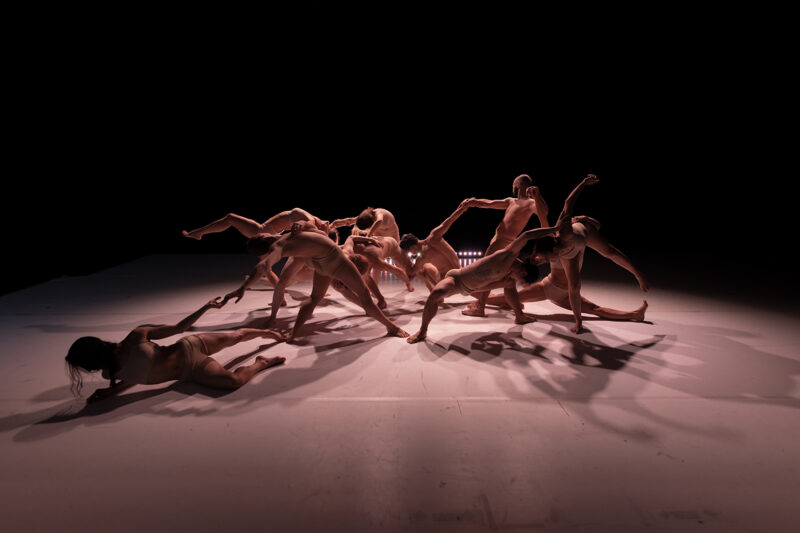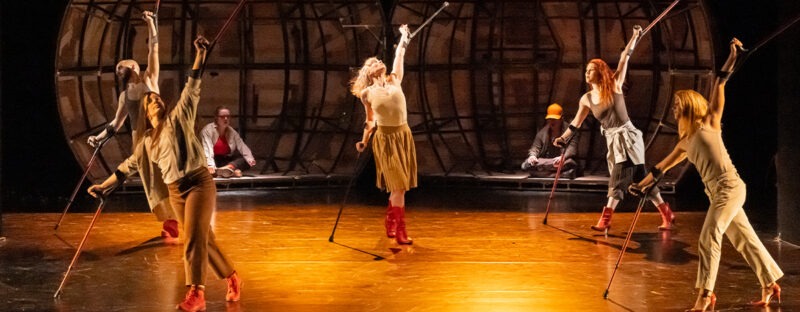Besetzung
Vorstellungstermine
Das Stück
Pygmalion – Director’s Notes – by Peter Joucla am 21.3.2011
I am delighted once again to have the chance of directing Bernard Shaw’s impressive play PYGMALION. Each time I return to the text I discover new themes to explore in the production, and with each new cast, new ideas and staging possibilities come to light.
Written in 1912, the play was first performed in Vienna before being presented on the London stage on the 11^th of April 1914. It caused a sensation then, not least for the unspeakable utterances of Eliza Doolittle, and has remained a classic ever since.
Alan Jay Learner adapted the play and turned it into MY FAIR LADY and whilst some may give him credit for improving the script in places, I feel that his decision to turn the story into a romance between Higgins and Eliza was unnecessary. Eliza’s real victory is not that she leaves the gutter, but that she leaves Higgins.
Is the play anything more than a good tale, eloquently told by strong and endearing characters? Three years ago, we performed PYGMALION in Kuwait in the week that women were demonstrating in the streets, demanding the right to vote. Suddenly the central message about opportunity for women was potent again. (I understand that women now have the right to vote in Kuwait — so perhaps theatre isn’t dead after
all.)
Revisiting the play once again, I am amazed at the issues and themes which still resonate with today’s audience. Our newspapers are filled with stories of people who are transported from a world of poverty to one of riches and sophistication. I suspect that only those with the spirit and tenacity of Eliza Doolittle are likely to survive the transformation. Shaw gives us an added twist with the character of Eliza’s father, who opens our eyes to another perspective, and in particular to misery of middle class morality. But what I enjoy most about this play is Shaw’s ability to articulate some of the timeless fundamental issues which arise when a woman becomes emotionally involved with a man. As Higgins reflects…
‚I suppose a woman wants to live her own life: and a man wants to live his: and each tries to drag the other on to the wrong track. One wants to go north and the other wants to go south: and the result is that they both have to go east, though they both hate the east wind.‘
Besetzung



















 Die Eintrittskarten für das Theater Radebeul und die Felsenbühne Rathen gelten 4 Stunden vor bis 6 Stunden nach Vorstellungsbeginn als Fahrausweise in allen Nahverkehrsmitteln – außer Sonderverkehrsmitteln – im VVO-Verbundraum. InfoHotline unter 0351 852 65 55
Die Eintrittskarten für das Theater Radebeul und die Felsenbühne Rathen gelten 4 Stunden vor bis 6 Stunden nach Vorstellungsbeginn als Fahrausweise in allen Nahverkehrsmitteln – außer Sonderverkehrsmitteln – im VVO-Verbundraum. InfoHotline unter 0351 852 65 55








